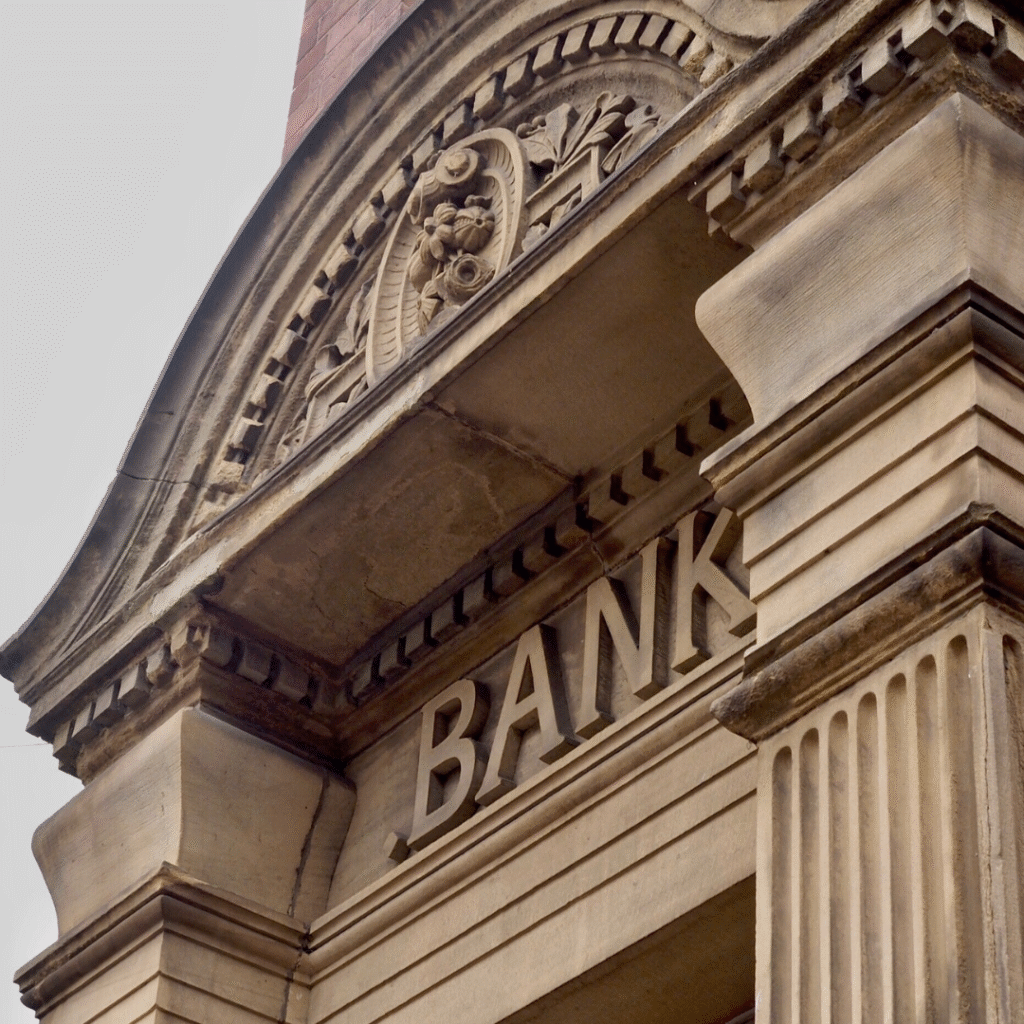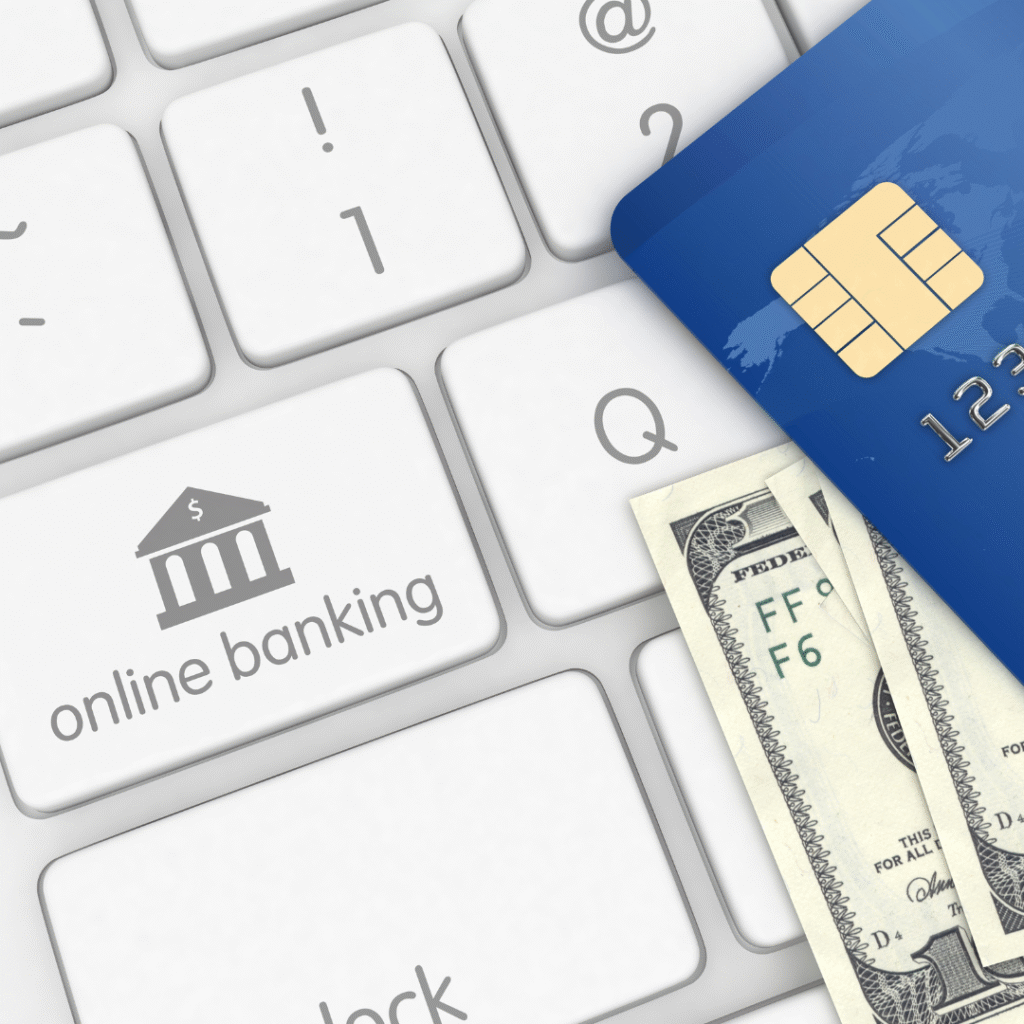- 6 Steps To Move Abroad
- Virtual & Physical Tours
- Relocation Consultation
- Relocation In a Box
- The Nomad Navigator | Total Digital Nomad Relocation
- The Immersion Journey | Student Visa & Language Program
- The Family Odyssey | Family Relocation Package
- The Golden Years Gateway | Total Relocation Package
- The Veteran’s Vantage | Total Relocation Package
- The Legacy Investor | Total Relocation Package
- The Founder’s Launchpad | Short-Term Entrepreneur Visa Package
- The Empire Builder | Total Relocation Package
- Contact Mood
- 6 Steps To Move Abroad
- Virtual & Physical Tours
- Relocation Consultation
- Relocation In a Box
- The Nomad Navigator | Total Digital Nomad Relocation
- The Immersion Journey | Student Visa & Language Program
- The Family Odyssey | Family Relocation Package
- The Golden Years Gateway | Total Relocation Package
- The Veteran’s Vantage | Total Relocation Package
- The Legacy Investor | Total Relocation Package
- The Founder’s Launchpad | Short-Term Entrepreneur Visa Package
- The Empire Builder | Total Relocation Package
- Contact Mood
- MOOD Travel Abroad City Guides:
- MOOD Travel Abroad Resources
- Guide to Types of Visas for US Citizens
- Cultural Adaptation and Integration
- Essential Apps for Your Life Abroad
- Investing in Abroad as a Foreigner
- Banking & Finance Resources
- A Realistic Packing List to Move Abroad: The Ultimate Downsizing Checklist
- The 3 V’s: Vision, Visas & Vitals — How to Narrow Down Your Expat Destination
- MOOD Travel Abroad’s Expat Financial Tool Kit: Expat Banking 101
- The Intentional Exploration Checklist: Unlock the Power of Travel to Transform Your Life
- MOOD Travel Abroad’s Universal Visa Document Checklist
- Best neighborhoods for Expats
- Navigating Healthcare Options
- The Cost of Living / Local Currency info
- The Real Cost of Living in Cali Colombia
- The Cost of Living/ Local Currency Information Colombia (Medellin, Santa Marta, Cartagena)
- The Cost of Living/ Local Currency Information Mexico (Playa Del Carmen, Merida)
- The Cost of Living/ Local Currency Information South Africa (Cape Town)
- The Cost of Living/ Local Currency Information Panama (Panama City)
- Best Times To Visit (Festivals & More!)
- Relocation Consultation
- Roots & Routes Podcast Live Expat Chat Sign Up
- Black Expat Life Abroad LIVE Q+A
- Villas & Trip Enquiry
- On-Demand Webinars
- MOOD Travel Club
- MOOD Travel Experts
- MOOD Merchandise
- T-Shirt & A Trip
- MOOD Ebooks
- Mood Podcast
- Remote Job Opportunities
- Affiliate links / Partners
- Travel Agent Sign Up
- Affiliate Login
- Affiliate Registration
- Affiliate Dashboard
- Newsletter Signup


Banking & Finance Resources
- Home
- Banking & Finance Resources
Banking & Finance Resources
- Home
- Banking & Finance Resources
Columbia

Banking & Finance Resources Abroad: A Guide for U.S. Citizens in Colombia (Black Expat Life Abroad)
Moving abroad means more than booking a flight — it’s about building a stable foundation for your new life. One of the biggest hurdles for U.S. expats in Colombia is navigating banking, money transfers, and financial planning in a new system.
This guide breaks down Colombian banking options, financial apps, and money transfer tools so you can feel secure and confident in managing your finances abroad.

Colombia’s banking system is modern and tech-friendly, with mobile apps, online payments, and debit/credit services widely available. However, opening an account and transferring money can be tricky for new expats.
- Opening a Bank Account in Colombia
Most major banks in Colombia allow foreigners to open accounts, but requirements differ.
Common Requirements:
- Valid passport
- Colombian visa (Temporary or Resident visa)
- Cédula de Extranjería (foreigner ID card – required for most accounts)
- Proof of local address (lease or utility bill)
Popular Banks for Expats:
- Bancolombia – The largest bank in Colombia with good English-speaking support and easy-to-use mobile apps.
- Davivienda – Known for competitive rates and partnerships with international transfer apps.
- Banco de Bogotá – A traditional option with wide branch coverage across Colombia.
- BBVA Colombia – Spanish-based international bank with modern mobile banking tools.


Sending money between the U.S. and Colombia is one of the top concerns for expats. Here are the most reliable tools:
Wise (formerly TransferWise):
- Low fees, real exchange rate (no hidden markups).
- Connects directly to U.S. and Colombian bank accounts.
Remitly:
- Fast transfers (sometimes instant).
- Allows direct deposit to Bancolombia or Davivienda.
Xoom (by PayPal):
- Trusted PayPal-backed service.
- Good for sending emergency funds quickly.
Western Union:
- Large branch presence across Colombia.
- Cash pickup available if you don’t have a bank account yet.
Revolut & N26 (for Digital Nomads):
- International digital banks.
- Great for travel spending and managing multi-currency balances.
Helpful Apps for Everyday Finance
Nequi (by Bancolombia):
- Free, app-based Colombian bank account.
- No physical branches needed.
- Great for paying bills, topping up phone credit, and sending money locally.
Daviplata (by Davivienda):
- Mobile banking wallet with simple setup.
- Widely used for paying bills and online purchases.
Tpaga:
- Popular among gig workers and freelancers in Colombia.
- Easy to connect with Colombian employers and services.
PayPal Colombia:
- Widely accepted for international payments.
- Best paired with a U.S. bank account to avoid high fees locally.
Taxes & Financial Planning
As a U.S. citizen abroad, you must manage both Colombian tax laws and U.S. tax obligations.
In Colombia:
- Tax residency is triggered if you stay 183 days or more in a 365-day period.
- Colombian tax rates range from 0% to 39%, depending on income.
- Assets held abroad may need to be declared.
In the U.S.:
- You must file U.S. taxes annually regardless of where you live.
- You may qualify for the Foreign Earned Income Exclusion (FEIE) or Foreign Tax Credit.
- Report foreign bank accounts over $10,000 using FBAR (FinCEN Form 114).
Recommended Resources:
- Expat tax accountants specializing in Latin America (e.g., Greenback Expat Tax Services).
- Colombian accountants familiar with expat finances.
Tips for Black Expats Managing Finances in Colombia
- Start with Wise or Remitly before opening a local bank account. They’re fast and reliable.
- Get your Cédula quickly if you plan to open a bank account or stay long-term.
- Use Nequi or Daviplata for daily purchases (restaurants, utilities, even taxis accept them).
- Keep a U.S. bank account open to manage credit cards, retirement accounts, and U.S.-based services.
- Diversify savings: Consider keeping part of your savings in the U.S. and part in Colombia for easy access.
- Network with other Black expats: Communities in Medellín, Bogotá, and Cartagena share trusted accountants, banking tips, and financial survival hacks.
Final Word
Banking and finance in Colombia can feel intimidating at first, but with the right tools, you’ll be set up for success. From mobile banking apps like Nequi, to global transfer services like Wise, and local banks like Bancolombia, U.S. expats have a variety of secure and modern options to manage their money.
Whether you’re moving to Medellín, Cartagena, or Santa Marta, building a strong financial system early on will make your transition smooth and stress-free
Mexico

Banking & Finance Resources Abroad: A Guide for U.S. Citizens in Mexico (Black Expat Life Abroad)
Relocating to Mexico is an exciting step for many Black expats seeking culture, affordability, and community. But one of the biggest challenges is setting up reliable banking and finance systems. From opening a Mexican bank account to transferring money abroad, this guide walks you through everything U.S. citizens need to know about banking in Mexico.
Banking in Mexico: What Expats Need to Know
Mexico’s banking system is well-developed, with both traditional and digital banks offering services to foreigners. However, requirements can vary depending on visa type and residency status.
Opening a Bank Account in Mexico
- To open a local bank account, you typically need:
- Valid passport
- Mexican visa (Temporary or Permanent Resident card)
- Proof of address in Mexico (CFE bill, rental contract, or utility statement)
- CURP (Mexican ID code – required at some banks)
Note: Some banks allow tourists to open simplified accounts, but these often have stricter limits and fewer features.
Popular Banks for Expats
- BBVA Bancomer – Mexico’s largest bank with excellent online banking and wide ATM access.
- Santander México – Strong international connections, especially useful if you also bank with Santander in the U.S. or Spain.
- Banorte – Known as “the Mexican bank,” widely trusted with English-speaking staff in expat-heavy cities.
- HSBC México – A global bank, great for expats who want easy international account linking.
- Scotiabank México – Canadian-owned, convenient for North Americans with accounts in the U.S. or Canada.
Money Transfers: U.S. to Mexico
Moving money between the U.S. and Mexico is one of the biggest ongoing needs for expats. Here are the most effective and affordable transfer services:
Wise (formerly TransferWise):
- Transparent fees, real exchange rate.
- Direct transfers into Mexican bank accounts.
Remitly:
- Offers both fast (instant) and economy transfers.
- Popular for direct deposits into BBVA, Santander, and Banorte accounts.
Xoom (by PayPal):
- Allows cash pickup at Oxxo convenience stores and banks across Mexico.
- Trusted for emergency funds.
Western Union & MoneyGram:
- Widely available for cash pickups, even in rural areas.
Revolut / N26 (digital banks):
- Great for nomads managing multiple currencies.
- Not yet as integrated locally, but useful for holding USD/EUR while in Mexico.
Pro Tip: Many expats keep Wise + BBVA or Banorte as their main setup for reliable transfers and everyday use.
Helpful Apps for Daily Finance in Mexico
Oxxo Pay:
- Many bills (electricity, internet, even Netflix) can be paid at Oxxo stores.
- Great for those without a full bank account yet.
Mercado Pago:
- Digital wallet by Mercado Libre (Latin America’s Amazon).
- Used widely for online shopping, bill pay, and peer-to-peer transfers.
BBVA App (Bancomer Móvil):
- One of the most user-friendly banking apps in Mexico.
- Supports transfers, bill pay, and even card freezing.
Santander SuperMóvil:
Well-rated app with international banking features.
PayPal México:
- Trusted for receiving payments from U.S. clients.
- Easy to link with Mexican bank accounts for withdrawals.
Taxes & Financial Planning for U.S. Expats in Mexico
Living in Mexico means dealing with dual tax responsibilities.
Mexican Taxes:
- You’re considered a tax resident if you spend more than 183 days in Mexico in a year.
- Income tax ranges from 1.92% to 35%.
- You may need to declare worldwide income if considered a tax resident.
U.S. Taxes:
- U.S. citizens must file yearly, regardless of where they live.
- You may qualify for the Foreign Earned Income Exclusion (FEIE) or Foreign Tax Credit.
- If your Mexican bank account(s) exceed $10,000, you must file FBAR (FinCEN Form 114).
Helpful Resources:
- Hire a cross-border tax specialist who understands both IRS rules and Mexican SAT (tax authority).
- U.S.-Mexico Tax Treaty offers some relief from double taxation.
Tips for Black Expats Managing Finances in Mexico
- Set up a local account early (BBVA or Banorte are favorites) to avoid high ATM fees.
- Keep your U.S. accounts active for credit, retirement savings, and emergency funds.
- Use Wise or Remitly for dependable transfers instead of wire transfers (which are costly).
- Leverage Mercado Pago and PayPal for freelance/remote work income streams.
- Save receipts and keep records for tax time — both SAT and IRS may require documentation.
- Network with other Black expats in Mexico City, Guadalajara, Mérida, and Playa del Carmen — these communities often share the best financial hacks and trusted advisors.
Final Word
Banking and finance in Mexico may feel overwhelming at first, but with the right setup, it becomes seamless. By combining local bank accounts, global transfer services like Wise, and digital wallets like Mercado Pago, you can enjoy the best of both worlds: financial stability and easy access to your money.
Whether your journey takes you to Mexico City, Mérida, Guadalajara, or the beaches of Playa Del Carmen, building a strong financial foundation will make your life abroad smooth and stress-free.
Panama

Banking & Finance Resources Abroad: A Guide for U.S. Citizens in Panama (Black Expat Life Abroad)
For Black expats seeking freedom, affordability, and community, Panama is one of the most attractive destinations in Latin America. With its U.S. dollar economy, thriving expat scene, and international banking hub, Panama makes managing money abroad much easier than many other countries. This guide breaks down how U.S. citizens can set up banking, transfer money, and manage finances smoothly while living in Panama.
Banking in Panama: What Expats Should Know
Panama is known as the “Switzerland of Latin America” due to its strong financial sector. Over 70 international banks operate here, giving expats a wide variety of choices.
Requirements to Open a Bank Account in Panama
Unlike Mexico or Colombia, Panama’s banking regulations are stricter due to anti-money laundering laws. Opening an account may take several weeks. Typically, you’ll need:
- Valid U.S. passport
- Panamanian residency visa (tourists rarely qualify)
- Proof of local address (rental agreement or utility bill)
- Two banking reference letters (from U.S. or Panamanian banks)
- Bank statements (3–6 months from your U.S. bank)
- Proof of income or employment (pay stubs or contracts)
Pro Tip: Work with a Panamanian attorney or relocation consultant to streamline the process.

- Banco General – Largest Panamanian-owned bank, very reliable, with English-speaking staff in expat-heavy areas.
- BAC Credomatic – Strong digital banking services and connections across Central America.
- Banistmo (owned by Bancolombia) – Great for expats with ties to Colombia.
- Scotiabank Panamá – Ideal for Canadians and North Americans with existing Scotiabank accounts.
- Global Bank – Popular among foreigners, flexible account types.
Note: Many Panamanian banks require a minimum deposit ($1,000–$5,000 USD) to open and maintain an account.
Money Transfers: U.S. to Panama
Because Panama uses the U.S. dollar as its official currency, money transfers are simple and often cheaper than in other countries.
Recommended Services
Wise (formerly TransferWise):
- Transparent fees, direct ACH transfers into Panamanian accounts.
Remitly:
- Great for family remittances and fast transfers.
Xoom (by PayPal):
- Reliable option for both direct deposit and cash pickup.
Western Union / MoneyGram:
- Available everywhere, including smaller towns.
ACH Transfers (U.S.–Panama):
Many U.S. banks with international services allow direct USD transfers to Panama, making it smoother than with peso-based countries.
Helpful Apps & Digital Finance Tools in Panama
- Nequi Panamá (by Bancolombia):
- Free mobile wallet for sending/receiving money locally.
- Useful for paying bills or splitting costs with friends.
Yappy (by Banco General):
- The “Venmo of Panama.”
- Extremely popular among locals for instant transfers.
PayPal:
- Widely accepted in Panama, especially for freelancers and online payments.
BAC App & Banco General App:
- Reliable mobile banking apps that allow transfers, bill pay, and balance checks.

- One of Panama’s biggest financial advantages is its territorial tax system.
Panamanian Taxes:
- You are only taxed on income earned within Panama.
- Foreign-earned income (from the U.S. or elsewhere) is not taxed by Panama.
U.S. Taxes:
- As a U.S. citizen, you must still file yearly taxes with the IRS.
- You may qualify for the Foreign Earned Income Exclusion (FEIE) or Foreign Tax Credit.
FBAR (FinCEN Form 114) applies if your Panamanian accounts exceed $10,000 total.
Tip: Panama is a great place for entrepreneurs, retirees, and digital nomads because you can often avoid double taxation with the right setup.
Tips for Black Expats Managing Finances in Panama
- Start with Yappy or Nequi while waiting for a traditional bank account approval.
- Keep your U.S. bank active for credit and emergency funds.
- Use Wise for low-cost transfers between your U.S. and Panamanian accounts.
- Hire a bilingual tax advisor who understands both IRS rules and Panama’s territorial tax system.
- Network with Black expat groups in Panama City, Coronado, and Bocas del Toro to get personal recommendations for trusted banks and lawyers.
- Maintain a minimum balance in your Panamanian account to avoid fees and account closures.
Final Word
For U.S. citizens—especially Black expats—Panama offers one of the smoothest financial transitions in Latin America. With the U.S. dollar in circulation, strong international banks, and helpful digital wallets like Yappy, you can build a reliable and stress-free financial system abroad.
Whether you’re planning retirement, remote work, or entrepreneurial ventures, setting up your banking and finance early will make your move to Panama seamless.
South Africa


For Black expats seeking new opportunities abroad, South Africa offers culture, history, and modern living at an affordable cost compared to the U.S. But one of the biggest concerns for new arrivals is banking and managing money. This guide will walk you through how to set up a bank account, transfer money from the U.S., and manage finances effectively in South Africa.

South Africa has one of the most advanced banking systems in Africa. While the local currency is the South African Rand (ZAR), most major banks provide digital banking, mobile apps, and international wire transfer options.
Requirements to Open a Bank Account in South Africa
- To open a standard checking/current account, most banks require:
- Valid U.S. passport
- South African visa or residency permit
- Proof of address (utility bill or lease agreement)
- Minimum deposit (varies by bank, usually ZAR 50–500)
Pro Tip: Some banks offer non-resident accounts, which allow you to open an account with fewer requirements if you’re still on a temporary visa.

- Standard Bank – One of the largest banks in South Africa, great for expats with international needs. Offers forex services and English-friendly support.
- Absa Bank – Known for reliable customer service, ATM network, and convenient mobile banking.
- FNB (First National Bank) – A favorite among expats due to user-friendly apps, international banking options, and quick online payments.
- Nedbank – Offers flexible account types and solid digital banking tools.
- Capitec Bank – Popular for everyday transactions, lower banking fees, and a modern mobile app.
Note: South African banks are strict with paperwork, so prepare documents ahead of time.
Money Transfers: U.S. to South Africa
- Sending money from the U.S. to South Africa can be done through international transfers or digital services.
Recommended Services
- Wise (formerly TransferWise):
Low fees and transparent exchange rates. Deposits directly into South African accounts.
- Remitly:
Great for smaller amounts with fast delivery times.
- Western Union / MoneyGram:
Widely available cash pickup services across South Africa.
- OFX (Foreign Exchange Specialist):
Good for large transfers (property purchase, relocation costs) with competitive rates.
- SWIFT Transfers via U.S. Banks:
Most U.S. banks allow direct transfers to South African banks, but fees may be higher.
Helpful Apps & Digital Finance Tools in South Africa
- SnapScan – Mobile payment app widely used for restaurants, shops, and street vendors.
- Zapper – Another QR-code payment system, great for cashless living.
- Ozow – Instant EFT (electronic funds transfer) service that connects directly to bank accounts.
PayPal South Africa (linked to FNB):
- Expats who freelance or run businesses online can withdraw PayPal funds through FNB.
Banking Apps (FNB, Absa, Standard, Capitec):
- Most banks have strong mobile banking platforms with bill pay, transfers, and balance checks.

South African Taxes:
- Residents are taxed on worldwide income.
- Non-residents are only taxed on South African-sourced income.
Double Taxation Treaty:
- The U.S. and South Africa have a tax treaty that prevents being taxed twice on the same income.
U.S. Taxes:
- As a U.S. citizen, you must still file annual IRS returns.
- You may qualify for the Foreign Earned Income Exclusion (FEIE) or Foreign Tax Credit.
FBAR (FinCEN Form 114) applies if your South African bank accounts exceed $10,000.
Tip: Work with a tax consultant who understands both U.S. and South African tax laws.
Tips for Black Expats Managing Finances in South Africa
- Start with Capitec or FNB for easy account setup and excellent mobile banking.
- Use Wise or OFX for international transfers to minimize fees.
- Keep your U.S. bank account active for credit history and emergency access.
- Leverage SnapScan & Zapper for everyday payments without carrying cash.
- Network with Black expat groups in Johannesburg, Cape Town, and Durban to get personal recommendations on banks and financial advisors.
Plan ahead for exchange rate fluctuations (USD–ZAR can move significantly).
Final Word
For Black expats and U.S. citizens, South Africa provides a modern and efficient banking system, strong mobile finance apps, and international transfer options. With the right setup, managing money abroad can be seamless and stress-free.
Whether you’re relocating for work, retirement, or entrepreneurship, getting your banking and finance system in order will ensure a smooth transition to life in South Africa.
